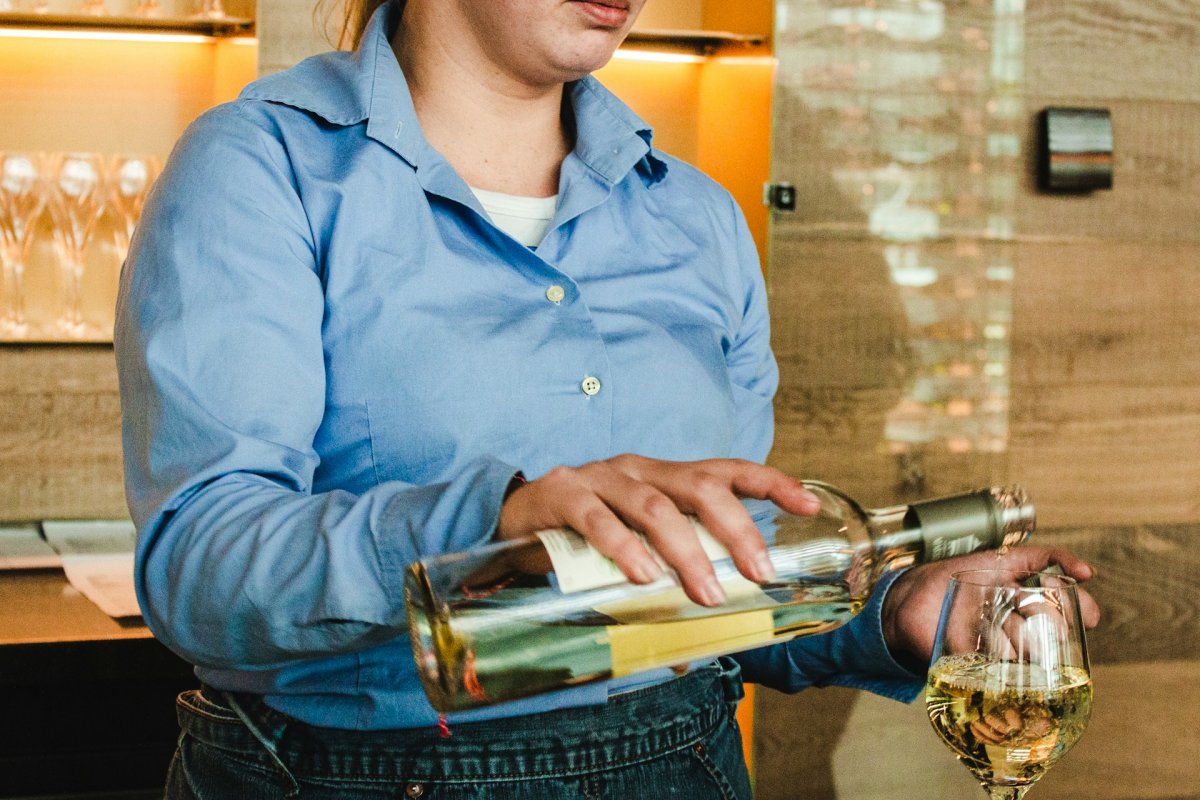
Russian doctors support the initiative of the World Health Organization on the need to reduce alcohol consumption among the population. Certain successes have already been achieved in this direction.
According to the report of the Ministry of Health of Russia for 2023, presented at the board of the ministry as part of the event “Day of National Priorities: Long and Healthy Life” at the exhibition and forum “Russia”, the level of alcohol consumption decreased from 9.43 liters of ethyl alcohol per capita in 2018 year to 8.44 liters in 2023. This is a reduction of almost one liter, as reported by RBC.
Yulia Chekhonina, Candidate of Medical Sciences and Senior Researcher at the Federal State Budgetary Institution of Science “Federal Research Center for Nutrition and Biotechnology”, emphasizes the importance of reducing or completely abstaining from alcohol consumption.
In the past, books about various diets that allowed the consumption of wine were popular. However, in recent years the medical community has become more critical of these recommendations. Chekhonina notes that although it is possible to create various diets that include alcohol, they will not provide health benefits and may have negative consequences.
The expert explains that alcohol leads to decreased alertness, loss of control over food intake and adds extra calories.
Alcohol stimulates appetite and is high in calories. Since the caloric content of alcohol is seven kilocalories per gram, the body primarily uses this energy, and unused calories from other products are deposited, which can lead to obesity.
Nutritionist Igor Strokov is not so categorical and suggests taking into account a number of factors when drinking alcohol on a diet.
“When it comes to drinking alcohol on a weight loss diet, it's important to consider a few key factors: the drink's caloric content, its effect on appetite, and the body's ability to process calories. While the best approach is to abstain from alcohol altogether, if you do decide to drink, some types of alcohol may be less harmful to your dietary regimen,” Strokov says specifically for MedicForum.
Here are some of his recommendations:
Dry wine
Dry white wine: usually contains about 120 calories per glass (150 ml).
Dry red wine: also about 120-125 calories per glass.
“Dry wine usually contains less sugar by compared to dessert and sweet wines.”
Champagne (dry)
Contains about 90-100 calories per glass (150 ml).
Choose options labeled “brut” ” or “dry”.
Light beers
Light beers typically contain fewer calories, around 90-110 calories per bottle (355 ml).
Pay attention to the calorie content, as some varieties may contain more sugar and carbohydrates.
Solid alcohol with low-calorie mixers
Vodka, gin, tequila, rum , whiskey: about 100 calories per 45 ml (one serving).
“Dilute with water, mineral water or sugar-free diet drinks to avoid extra calories.”
< h3>A few additional tips
Limit your consumption: Drink alcohol in moderation and control the amount. The less alcohol you drink, the better for your diet.
Drink slowly: this will help you enjoy the drink and reduce your overall consumption.
Avoid sugary cocktails: they may contain a lot of added sugars and calories.
Don't drink on an empty stomach: Alcohol can increase hunger and lead to overeating.
“Remember that even low-calorie alcoholic drinks can slow you down weight loss process, as alcohol affects fat metabolism and can make it difficult to control your appetite. It is always best to consult a doctor or nutritionist to choose the best strategy for achieving your health and weight goals.”
MedicForum has previously written about the benefits. fatty pork.
Important! Information is provided for reference purposes . Ask a specialist about contraindications and side effects and under no circumstances self-medicate. At the first signs of illness, consult a doctor.
